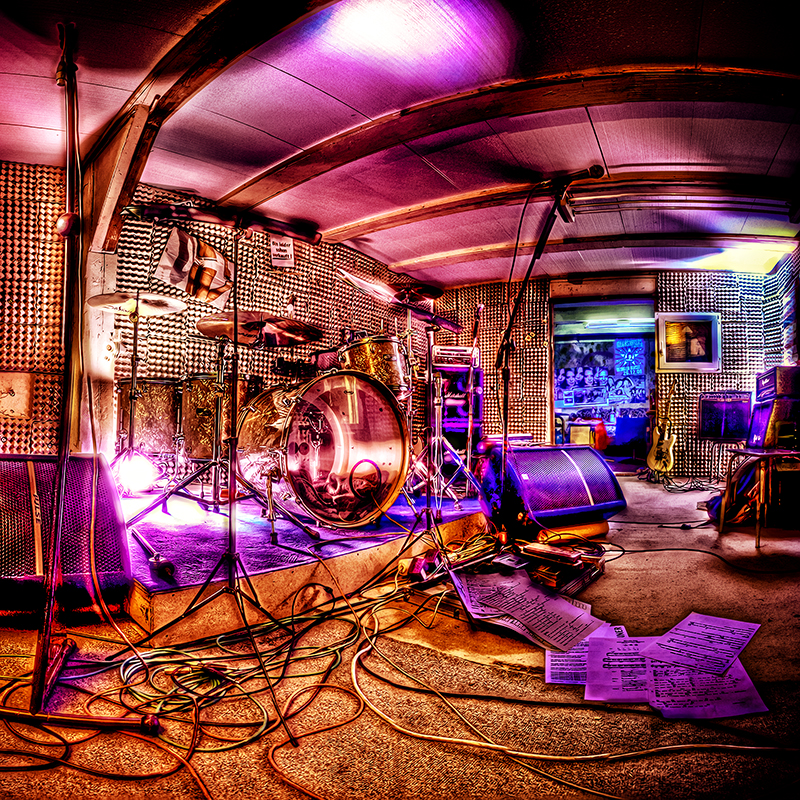I love musicians. I AM a musician. I’ve played in dozens of bands with hundreds of people. I’ve backed and recorded with and for solo artists. I’ve been a solo artist myself.
Of all the musicians I’ve ever worked with, I can’t think of any that didn’t like being in the recording studio. I’ve met a few who didn’t care for gigs, because although they enjoyed music, they had severe stage fright. But I can’t recall a musician who didn’t enjoy the studio.
The studio is where your music comes to life. It’s where you get to hear your songs the way they were meant to be heard. Even most of the musicians who fail to take anything else seriously (gigs, rehearsals, relationships, jobs) find a way to concentrate and put in their best efforts in the studio.
However, most of what gets recorded does NOT sound as good as it could or should. And THE biggest reason it doesn’t has nothing to do with what happens IN the recording studio.
It has to do with what happens (or doesn’t happen) before ever GETTING to the recording studio.
Serious pre-production should be considered an integral part of any recording project, in my opinion. There are producers out there who have shied away from spending substantial time in the rehearsal environment, preferring to “fix” things in the editing room. In my opinion, this puts an artificial cap on how good the album can be. Instead of musicians having a well-crafted plan, many are just told to “play here” and “play there” and the producer assembles it all into something.
That approach doesn’t exactly help inspire or create the “magic moments” that often define a great album.
The rehearsal room is where bands create their music. It’s only natural that it’s where they’ll be most comfortable refining it with a producer. Also, if the producer at all values the band’s time (and therefore money) he/she will devote a little time to ironing out the direction of the album without “the clock” of the recording studio running on the client.
Stay tuned for my next blog post…Pre-Production Tips For Artists, in which I’ll give some concrete suggestions on how to best prepare yourself for recording even if you’re not working with a record producer.


